When Rajini said, ‘mind it’, we thought, 'why not?' An evening dedicated to mental health
From victims to experts, from interesting questions to thought-provoking suggestions – mental health took centre stage at YourStory headquarters. Here are the highlights of our event, in case you missed the intriguing conversations.
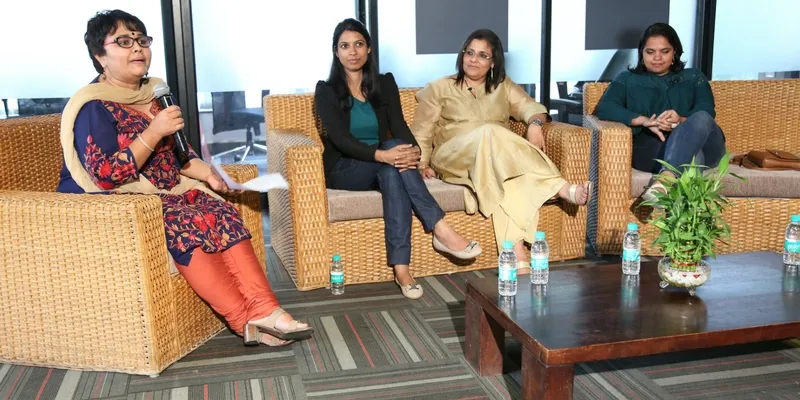
Can depression in lonely people lead to them having imaginary friends? Should one try to self-diagnose (via online surveys etc.) or go meet a psychiatrist? How do I reach out to someone in denial? How do we recognise these illnesses? Is medication really needed?
These were the questions that people found answers to at YourStory headquarters on May 17 as we kick-started our event, Towards Mental Health. Aishwarya Sathyanarayanan, a research scientist from YourDost, took the first round of questions from our enthusiastic and keenly interested audience, which addressed various common and uncommon queries that people tend to harbour about mental health.
While she shed light on child and woman psychology, ADHD, social anxiety, clinical depression, and the approach to and identification of various illnesses, the panel discussion that followed delved into the depths of what different stakeholders can do to increase the dialogue around mental health.
The panel consisted of Richa Singh, co-founder of YourDost, Anna Chandy, Transactional Analyst, Counsellor and Chairperson of TLLF, and Sandhya Menon, journalist and editor of ZenParent, a parenting magazine with first-hand experience in managing bipolar and borderline personality disorders. Needless to say, the perspectives that came to surface that pleasant rainy evening – thanks to the moderators, our Editors, Dipti Nair and Sourav Roy – kept us all hooked.
Why so silent?
According to Aishwarya, the discussion around mental health is so hushed up in India because there is little awareness about it. “Although this is changing now, unfortunately, things will remain where they are if people don’t talk about it,” she said, and with that, she started the conversation with our audience.
Mood disorders, of which depression is one, anxiety disorders, and psychotic disorders, like schizophrenia, are the broad categories of mental illnesses predominant in India, according to Aishwarya. All of these can range from moderate to extreme, which, along with a lack of awareness, is what makes identifying them a tricky business.
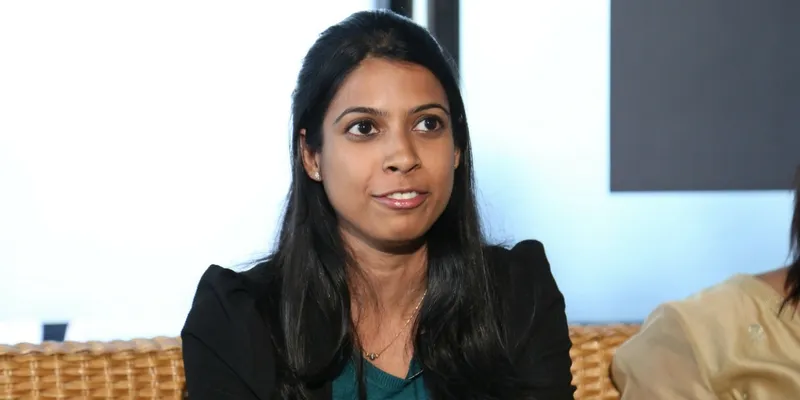
The most commonly asked questions revolved around how one can identify and then deal with these disorders – When should one be concerned about clinical depression? If I’m tired every morning, does it mean I’m depressed? How do I deal with social anxiety? How do I manage a child with ADHD?
To these, Aishwarya suggested that we must first become aware of our physical sensations, and then our thoughts. Being aware of our mind and body is the key to identifying an illness, according to her. “Write them (observations) down. Identify the reason and rationale behind your thoughts, or voice them to another person; that’s the first step.”
Getting it right
When it comes to mental health awareness, the obstacle is not silence alone. Sometimes, as is the case, not talking right causes more harm than not talking about it at all. Depression is more than a low, anxiety is not stress, and bipolar disorder is more than mood swings.
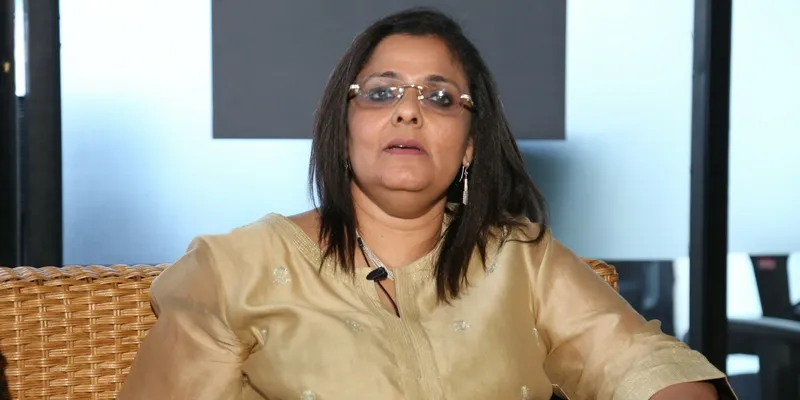
Speaking about clinical depression, Anna Chandy made the definition crystal clear,
Depression in the English language is considered as feelings of sadness, feelings of disappointment, sense of failure etc., but from a psychological perspective it is a cluster of feelings. You might be angry, sad, edgy, irritable, and you may be experiencing this without any cause. Along with this, it will always be accompanied by physical symptoms; some eat a lot, some starve, and some have particular cravings. Accompanying these, there is a lack of motivation, initiative, and drive. It is not that you don’t want to do those things you aspire to, you just do not have the energy. Your body feels like lead; and anything you’ve looked forward to, you just don’t anymore. If these symptoms have been there for over two to three weeks, then there is something to flag.
Adding to this, she clarified that there is such a thing as functional depression wherein a person who is clinically depressed will appear completely alright because they are still perfectly functional.
Similarly, Obsessive Compulsive Disorder (OCD) is a term used very loosely, and, as Richa highlighted, most often proudly. “Having the need for perfection, or being particular with their needs in not OCD. OCD is not cool.”
How to empathise
Richa suggested that to empathise with any type of mental illness, we must, in our minds, replace it with a fever. For instance, she said, “If someone tells us they have a fever, nobody is going to say ‘Let’s just go out and have fun, you’ll feel better’.”
Similarly, asking them to ‘think positively’ is futile according to Anna as this ‘feeling good’ is a fleeting experience for people with mental illnesses.
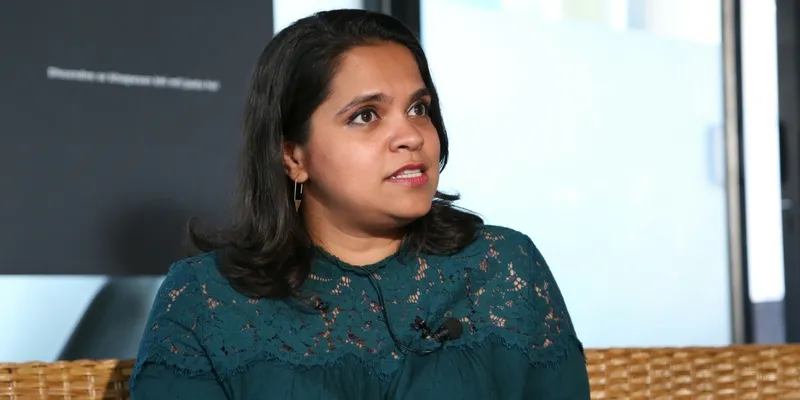
Sandhya Menon, who silently suffered from bipolar disorder for two years before being diagnosed, explained that when someone suffering from a mental illness seeks help, “the conversation is fractured,” indicating that friends and family must be all the more careful while ‘listening’ to them.
One of the reasons people hesitate to speak out is that they are made to believe their troubles are not worthy of attention. This is why giving any sort of advice to people may cause more harm, according to Anna.
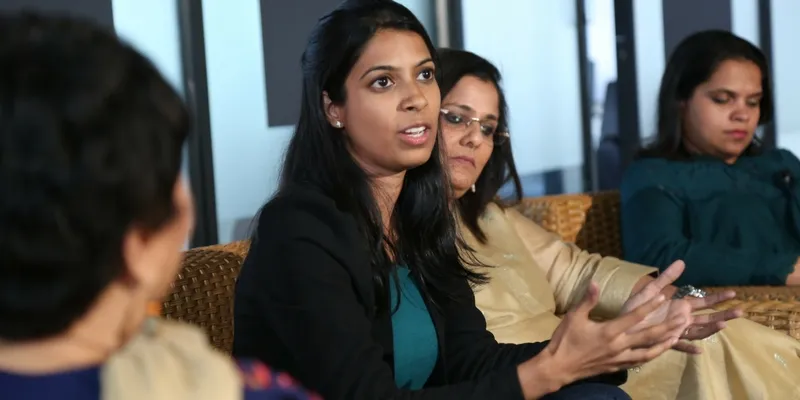
“They are told that there are others who had bigger problems but dealt with them. But why is this a competition,” asked Richa.
“I hated being told what to do. I was more willing to accept their suggestions only on the better days, after an episode. You need a ton of patience when you’re dealing with someone who’s suffering,” said Sandhya. The best that one can do to help someone, as all the panellists agreed, is to let them know you’re available and encourage them to seek professional help.
When a person is struck by a mental illness, it is not only they who suffer but also people close to them. And since family is the first point of contact, Anna suggested that they too seek counselling in order to equip themselves and learn how better to approach their loved ones, and cope with the illness themselves.
All’s well that ends well
The panel discussion had few other highlights that caught our attention. Richa pointed out that although research shows that women are the most affected by depression, trends in therapy have consistently shown for two years, that more men have been seeking help; a member of our audience opened a fresh dialogue on informal and innovative ways of approaching therapy, like for instance, having bartenders trained in therapy as they tend to be the first point of contact for many.
It was indeed an evening of broken taboos and bold voices. Here’s hoping the conversation on mental health only getting louder.
In case you missed the live stream of the panel discussion, you can watch it here:
(All photos by R.Raja)







